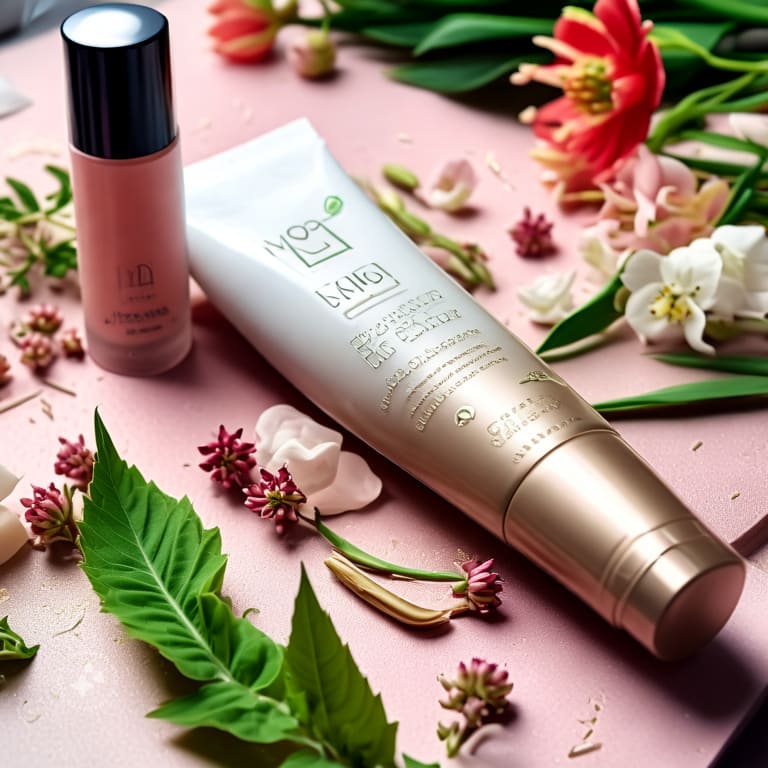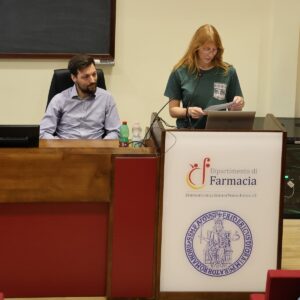In recent years, the beauty industry has seen a growing demand for ethical and sustainable products. Two terms often used to describe such products are “cruelty-free” and “vegan.”
Although they may seem similar, they represent distinct and very different concepts. This article will explore the differences between cruelty-free and vegan cosmetics, helping you make more informed choices.
The Key Differences
Although cruelty-free and vegan are terms often used together, it is important to note that they are not interchangeable:
-
Cruelty-Free: Indicates that the product has not been tested on animals. However, a cruelty-free product may still contain ingredients of animal origin.
-
Vegan: Indicates that the product contains no ingredients of animal origin. Furthermore, a vegan product is not necessarily cruelty-free unless specifically stated.
For example, a lipstick might be cruelty-free but contain beeswax, making it non-vegan. Similarly, a product might be vegan but tested on animals by suppliers, making it noncruelty-free.
Cruelty-Free Cosmetics
Cruelty-free cosmetics are products that have not been tested on animals at any stage of their production. This includes both the final product and the individual ingredients used to make it.
Cruelty-Free Certifications: There are several organizations that certify cruelty-free products, including Leaping Bunny, PETA’s Beauty Without Bunnies, and Choose Cruelty Free (CCF). These organizations verify that companies adhere to strict policies not to test on animals.
Ethical Motivations: The main motivation behind choosing cruelty-free products is ethical. Animal testing can cause suffering and pain to the animals used, and many believe that with modern scientific alternatives, such practices are no longer necessary.
Alternatives to Animal Testing: Fortunately, there are many alternatives to animal testing, such as 100% cruelty-free in vitro tests, such as Dermal Irritection®, which can provide accurate results without causing suffering to animals.
Vegan Cosmetics
Vegan cosmetics, on the other hand, are products that do not contain ingredients of animal origin. This includes not only obvious ingredients such as honey, beeswax, lanolin, collagen, and carmine, but also lesser-known ingredients that may be derived from animals.
Vegan Certifications: Vegan products can also be certified by various organizations, such as The Vegan Society and Vegan Action. These certifications ensure that products do not contain ingredients of animal origin, although there are some shortcomings even with these certification processes.
Ethical and Health Reasons: In addition to ethical concerns about the use of animal ingredients, many consumers choose vegan products for health reasons, believing that these are purer and less likely to cause allergic reactions.
Common Ingredients in Vegan Cosmetics: Some common ingredients in vegan cosmetics include shea butter, coconut oil, aloe vera, and various herbs and plants. These ingredients offer similar benefits to animal ingredients without the involvement of animal ingredients.
How to Make Conscious Choices
For consumers who wish to make both cruelty-free and vegan ethical choices, it is important to seek both certifications on products. Carefully reading labels and researching brands can help ensure that the products purchased adhere to one’s ethical values.





